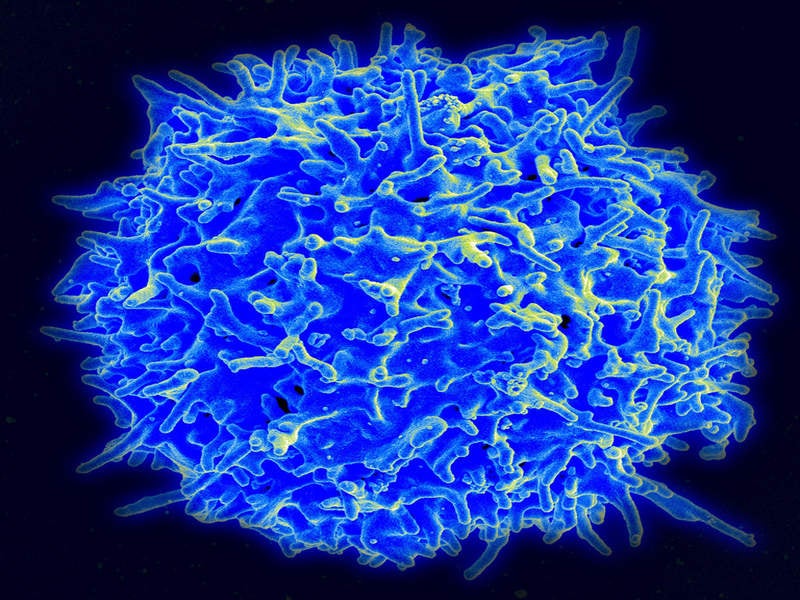
US-based Seattle Children’s has initiated a Phase I clinical trial to treat solid tumours using chimeric antigen receptor (CAR) T-cell immunotherapy.
The STRIvE-01 trial will recruit children and young adults suffering from relapsed or refractory non-central nervous system EGFR-expressing solid tumours such as childhood sarcoma, kidney and neuroblastoma cancers.

Discover B2B Marketing That Performs
Combine business intelligence and editorial excellence to reach engaged professionals across 36 leading media platforms.
Although paediatric cancer survival rates have improved due to therapy advancements, solid tumours are said to be one of the most resistant type of cancer.
Seattle Children’s oncologist Katie Albert said: “Despite employing modern treatments that offer more intensive therapy or new drug combinations for children with solid tumours, we’ve been unable to improve outcomes for our highest-risk patient groups.
“It is those groups that push us to come up with innovative approaches so that we can see all of our patients cured of their cancer.”
The organisation previously conducted trials to assess engineered CAR T-cells to treat childhood leukaemia, but solid tumours have protective microenvironments that make targeting difficult.

US Tariffs are shifting - will you react or anticipate?
Don’t let policy changes catch you off guard. Stay proactive with real-time data and expert analysis.
By GlobalDataFor the solid tumours trial, researchers intend to reprogram a patient’s T-cells for targeting the abnormal EGFR protein expressed on the cancer cell surface.
The CAR T cells will be linked with the EGFR806 antibody in order to potentially identify and kill solid tumour cells that express EGFR, causing less toxicity to healthy tissues.
STRIvE-01 is set to involve two sequential treatment arms, one of which will be initially treated with EGFR806 CAR T-cells to assess toxicity and determine maximum tolerated dose.
The second group will then receive CAR T-cells reprogrammed to target EGFR as well as CD19, a protein expressed on B lymphocytes.
A total of 36 subjects will be enrolled in the trial, which will investigate the dosing, safety and tolerability of the CAR T-cell immunotherapy.




